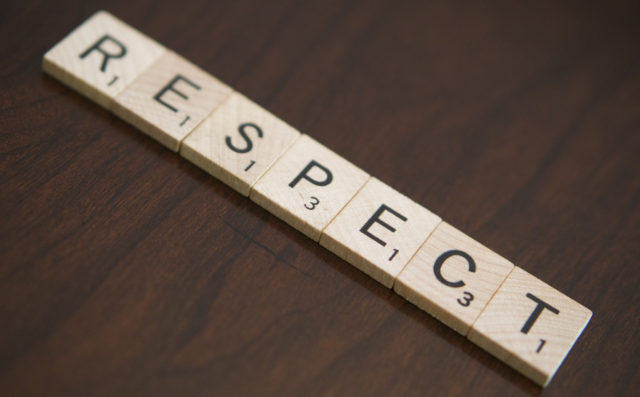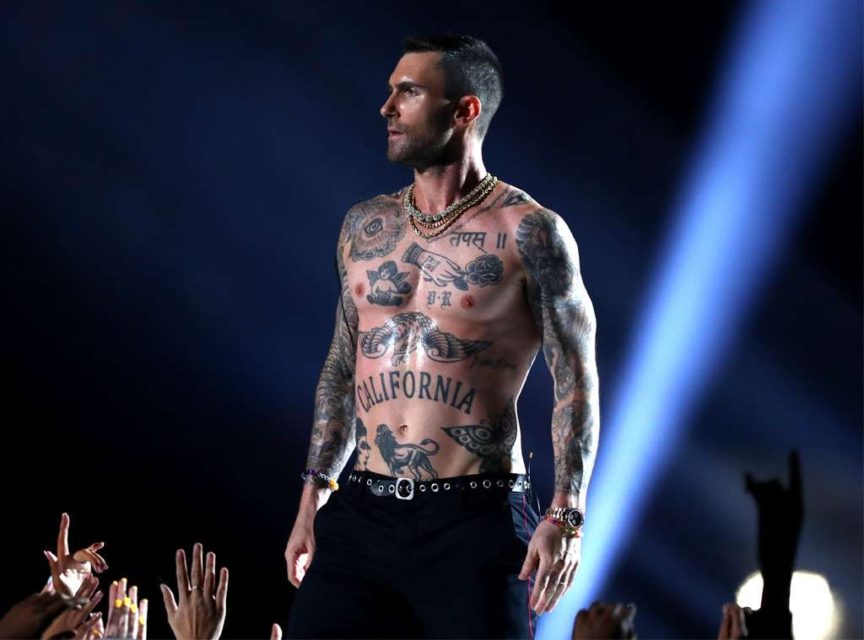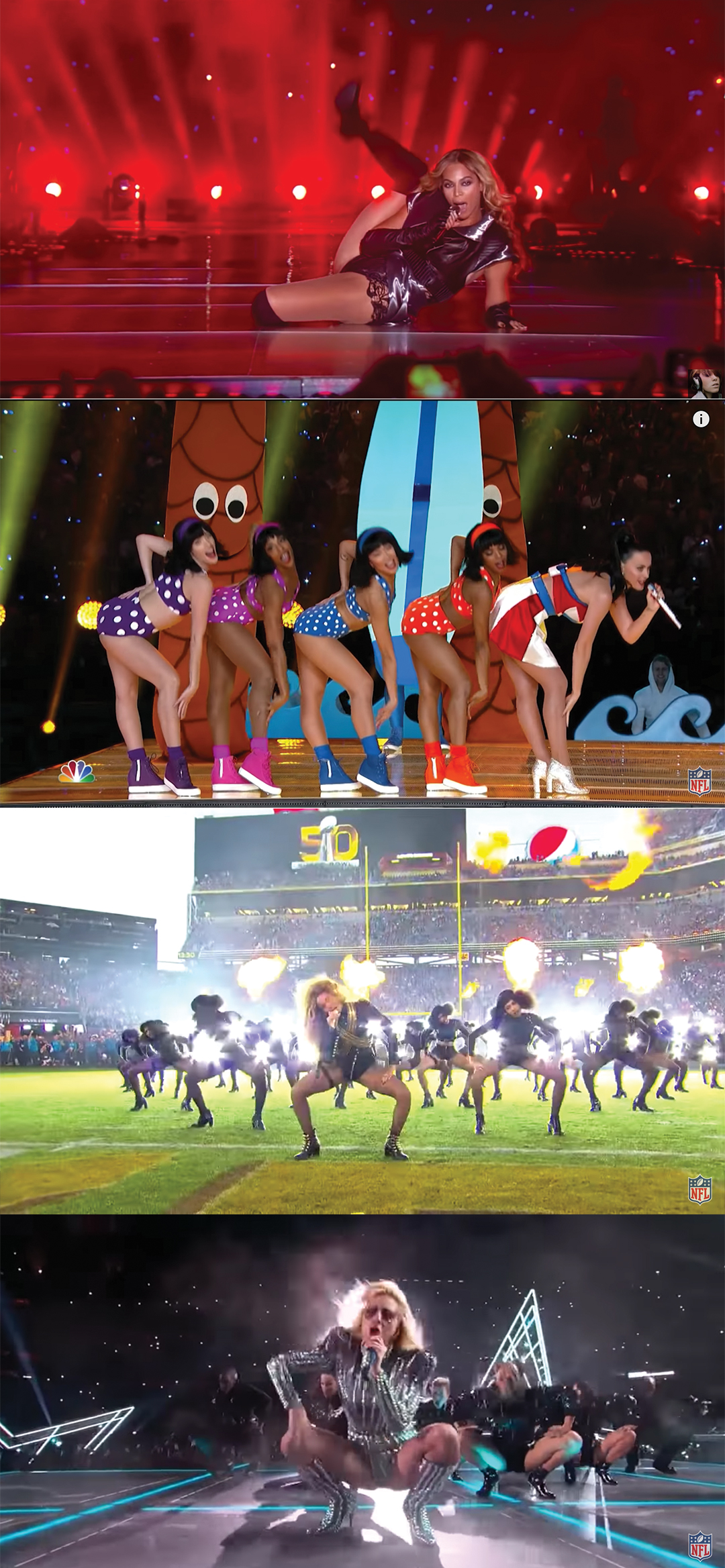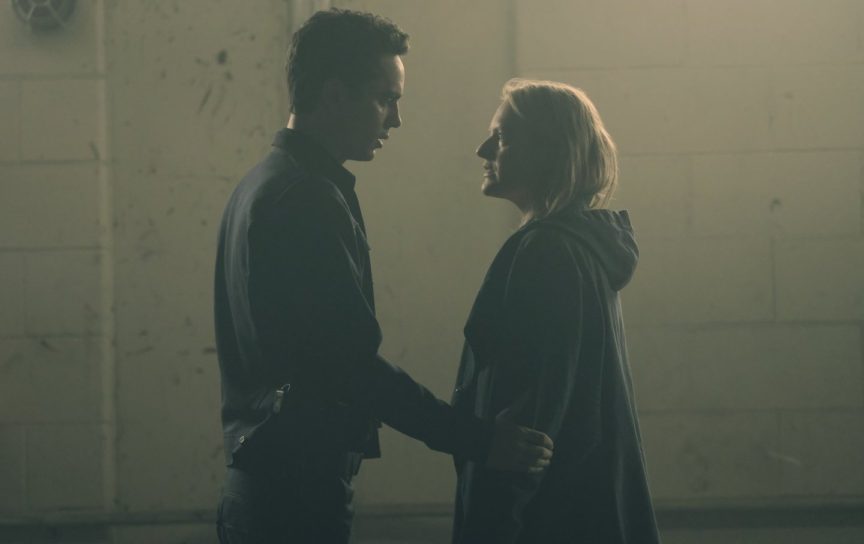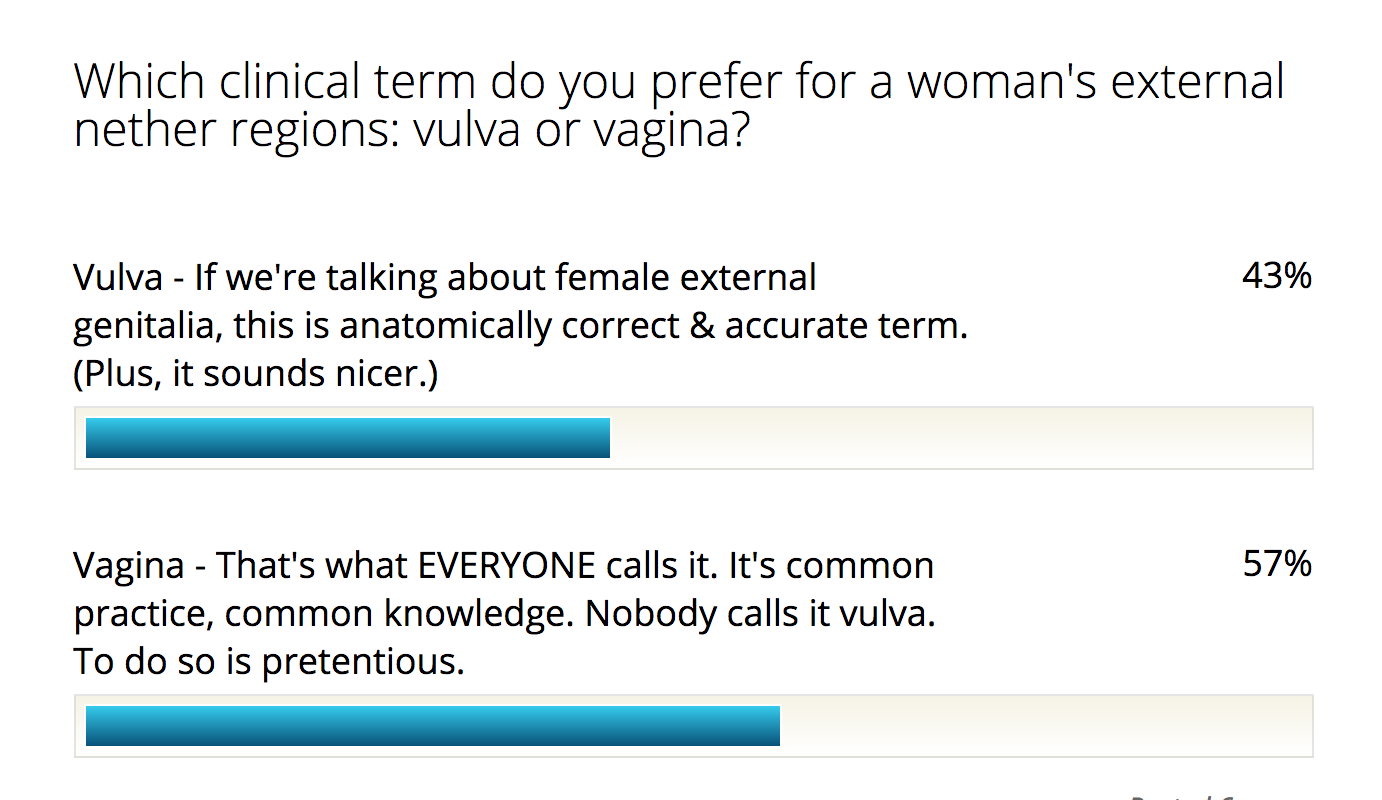Lo is the founder of The Butterfly Academy, an extracurricular sex ed organization for kids and their caregivers.
Think of all the ways we as parents and guardians try to broaden our kids’ horizons when we’re able to. We might:
- sign them up for sports so they stay healthy with exercise and learn the importance of discipline and teamwork.
- send them to summer camps to commune with nature instead of screens.
- insist they take music lessons or join band to help their brains work in creative and mathematical ways.
- bring them to church to cultivate a sense of spirituality.
- enroll them in art or dance or drama classes to spark their imaginations.
- encourage them to join clubs or student government so they can learn to work within a community to get things done.
- even get tutors or test prep courses or older siblings to help them better grasp their schoolwork and master their educational demands.
But there’s one key area of our kids’ development that we, as parents and guardians, consistently ignore: their relational education.
“My daughter went under protest; I told her she had to try it once. Now she wants to come every time!”
— Parent of a 7th grade participant
Interpersonal relationships, intimacy and sexuality will eventually impact our children’s personalities, drive many of their actions, often lead to great joy, and sometimes cause great pain. After all, intimate relationships at any stage of life can involve emotional pitfalls and physical risks. Our child may never master an instrument, become a star athlete, or ace the SATs, but they will most likely eventually have partnered sex. And probably sooner than we’d expect or prefer.
Yet we as parents and caregivers rarely give our kids extra tools to help them better navigate this realm. We often just leave it to fate and hope they don’t get hurt…or hurt someone else.
“My daughter came away with exactly the message promised by the Butterfly Academy’s Period Party workshop: ‘I’ve got this, I know what to do, and it’s kind of cool that I get periods, it’s something awesome my body does.’ So yay!”
— Parent of a 6th grade participant
Unfortunately, we can’t only rely on schools to provide our kids a truly comprehensive sex-and-relationship education — schools often don’t have the time, the resources, the state mandates, and, in some cases, the full support of the community to address all the complexities of this arena — and there are many. The usual suspects include puberty, anatomy, STIs (sexually transmitted infections), reproduction and pregnancy — the subtleties of which may not get addressed in the average school health class. But what about communication, consent vs. coercion, boundary setting, gender stereotypes, gender identity, sexual orientation, personal agency, body image, pleasure, diversity, dealing with rejection, pervasive pornography, guilt, slut-shaming, social media, sexting, trust and justice, to name a few?
“I would recommend this to all my friends!”
— 6th grade participant
NY State does not mandate sex education (only HIV education), which means any sex education given in schools is not required to be comprehensive, medically accurate, unbiased or secular. Even if you already have an open dialogue with your kids about relationships and sexuality — which is fantastic and essential, bravo! — there are still limits to those discussions: you may be missing certain topics and different perspectives; your child may not feel comfortable discussing everything with you; ; keeping these talks behind closed doors just within your family can project the message that these topics are secret, shameful, and/or inappropriate. There is enormous benefit in community learning, especially regarding topics that don’t often get discussed openly and honestly in public.
“Loved it!”
— How the majority of participants in the inaugural Butterfly Academy workshop rated the experience on their class evaluations.
The #MeToo movement has made it painfully clear that people need help. Adulthood doesn’t magically grant a person intimate communication skills and respect for one’s self and others overnight. Relationship literacy is not innate; it is taught and learned. And that education has to start early, be age-appropriate, and continue throughout one’s life. You don’t take one cooking lesson in 7th-grade FACS/Home Ec. and expect to become the next Julia Child without any further education! How can we expect our kids to be able to confidently say no to sexual peer pressure, to courageously stand up against witnessed or experienced prejudice and abuse, to eventually enjoy the pleasures of their bodies when they’re ready safely and without shame, to effectively protect themselves from unwanted pregnancies & STIs, to think critically about porn, and to understand that intimacy with a partner is not something given or taken but consensually, respectfully, mutually enjoyed if we don’t give them the proper education to do so?
“I credit you and your Butterfly Academy class for helping puberty to be no big deal. Thank you!”
— Parent of a 5th grade participant
There’s so much more to decent sex ed than learning that the pituitary gland kickstarts puberty, a sperm fertilizes an egg, and condoms don’t offer complete protection against all STIs. There’s also respect and acceptance and justice. And these values apply not only to sex, gender, and orientation, but also to race, religion, ability, class, age, and national origin. Quality extracurricular relational education can be a powerful tool for positive social change. So we parents and guardians need to make it a priority, to think of it as essential to our kids’ emotional, intellectual and spiritual growth just as much as team sports, piano lessons, church retreats, or summer camps can be. The results of such efforts can transform the next generation and generations to come, reducing widespread miscommunication, entrenched prejudices, and casual abuse.
Butterfly Academy workshops may be one more thing you have to sign your kids up for,* but their personal wellbeing — both physical and emotional — is well worth it.







